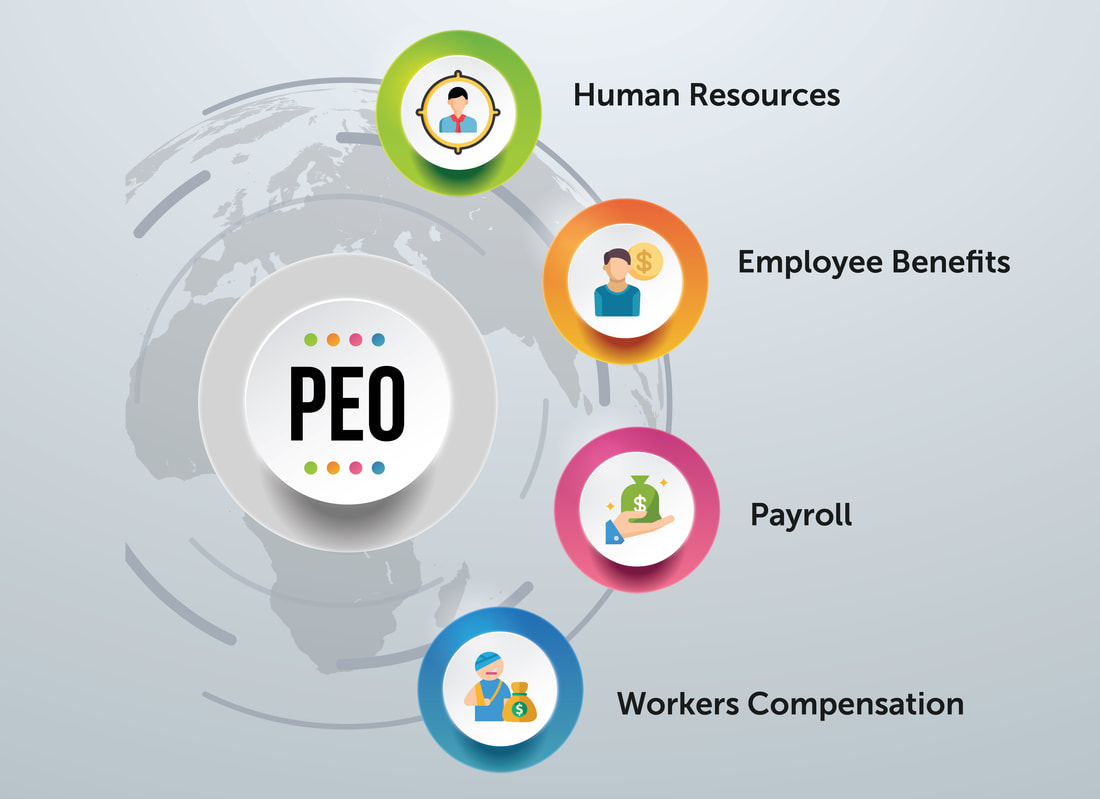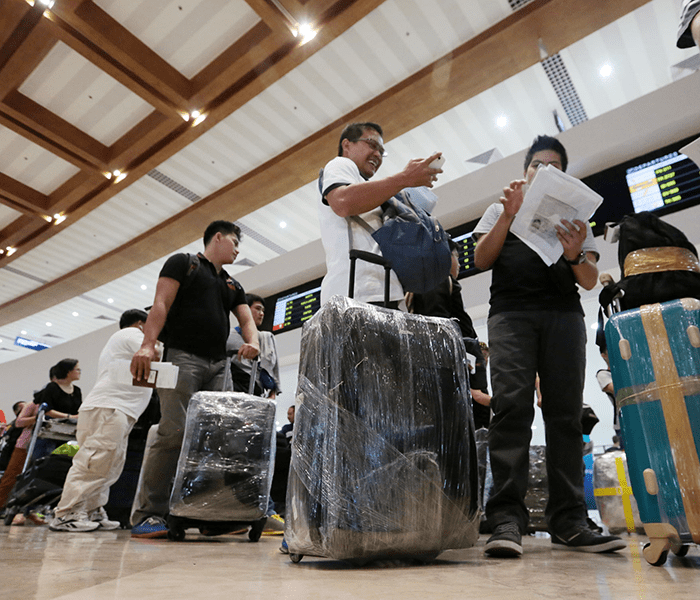Singapore Foreign Worker Quota Rules to be Tightened

A foreign worker is an employee who works in a country other than the one in which he is a citizen. These expat workers are invited or sent to a foreign country on an assignment that could be short term or long term. Tens of millions of people around the world live their lives as foreign workers. In Singapore, for example, statistics state that more than 50% of the population are foreigners. Foreigners, numbering 1.1 million, make up about a third of Singapore’s workforce of 3.4 million.
Earlier, in Singapore
There was no quota, and cases were typically approved for high-skilled foreign nationals; in other words, IT and Tech employees. Employers had to pay a market wage. A Jobs Bank requirement was recently added, but exemptions existed. Singapore was highly rated for economic freedom.
Employer-friendly practices on approvals for high-skilled and lower-skilled visas and liberal rules on intra-company transfers, international students and (to a lesser extent) permanent residence made Singapore’s immigration policies “mostly favourable” to economic growth.
The other side of the coin
Many feel that the local citizens of the country appear to be hit. They lose out on job opportunities that are taken over by the visiting foreigners. The GDP of a country is, to an extent, dependant on the employment rate. When non-citizens are employed, this number is pulled down extensively. While the foreigners have contributed to the economic growth of the country, especially by alleviating the shortage in labour in select sectors of the economy; it is still a disadvantage with respect to employment opportunities for the local workers.
The Change
Keeping this in mind, rules on the hiring of foreigners are being tightened, in a move to give Singaporeans a fair shot at more and better jobs. Earlier this year, The Singapore Ministry of Manpower (MOM) has announced planned changes to the foreign worker quota rules, which may make it harder for companies to employ foreign workers. More companies will have to give locals a chance to apply for higher-paying jobs by advertising them on the national Jobs Bank for at least 14 days before they can hire a foreigner for the role.
Effective 1 July 2019, the Local Qualifying Salary (LQS) will increase by SGD 100 per month, for companies in any sector.
A Singaporean or Permanent Resident employee employed under a contract of service, including the company’s director, is counted as:
- 1 local employee if they earn the LQS of at least SGD 1300 per month.
- 0.5 local employee if they make half the LQS of at least SGD 650 to below SGD 1300 per month.
The Local Qualifying Salary (LQS) determines the number of local employees who can be used to calculate a company’s Work Permit and S Pass quota entitlement. The LQS was previously known as the Full-Time Equivalent salary.
“Probably one of the most critical challenges is to ensure that slower growth of our Singapore workforce will not become the bottleneck in the future growth of our Singapore economy,” Manpower Minister Lim Swee Say said during the debate on his ministry’s budget.
Companies in all sectors seeking to hire foreign nationals in the S Pass and Work Permit categories from 1 July 2019 may have to raise the salaries of affected local employees to allow more foreign national workers.
Impact on local workers
Local workers should be given fair treatment in terms of being employed. Foreigners working in Singapore is vital to the economy, but it is crucial for the government to regulate the number of foreign workers entering the country because it reduces the employment opportunities for the locals. The government is taking the necessary steps to promote employment of the locals as being overly-dependent on foreign workers could lead to the downfall of the country.
The impact on expat workers
The effect of the newly tightened Foreign Worker Quota Rules has hit countries like India. According to statistics provided by research bodies such as the local IT industry body NASSCOM and India Business Daily, the total number of professionals from India alone in the tech sector in Singapore is shrinking to under 10,000 as the world permits are not being renewed upon expiry. Indian companies from the tech sector are therefore struggling to maintain employee base in Singapore. The question of increasing hire might not exist as of now.
Singapore is trying to ensure fair employment for its citizens, not restricting foreign employees. They are working on a balanced approach, keeping in mind the requirements of different industries, especially technology.
Presence of a global employment partner who can understand the ongoings of the tech sector can be a prudent option while trying to enter the Singapore market. A company like Future Focus Infotech can enable a company to set and maintain an employee base in Singapore via methods such as secondment.











































































